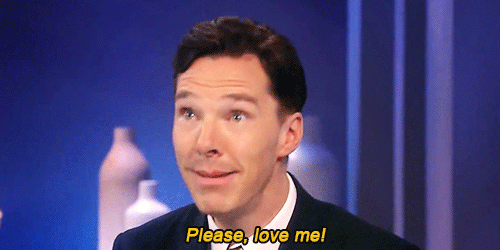CEO Failure Mode: Mr. Nice Guy
The next in a potentially endless series on the pitfalls of the CEO role
It’s funny how many stereotypes of the CEO are not just off base but diametrically opposed to reality.
For example, the general public often imagines a new CEO going around barking orders and imposing their will on the organization.
But that’s not at all what I see.
Much more often, a new CEO starts and:
doesn’t want to offend anyone
hopes intensely that the team likes them
strives to include all perspectives in decision making and goes along with consensus
refrains from making disruptive changes in culture or operations
In other words, the CEO becomes Mr. Nice Guy. (Or Mrs. Nice Gal.)
Strangely, this is true even of the more dominant and hard-charging types, especially early in their careers. Some type-A personalities can be overridden by the sheer desire to be liked.
Because Mr. Nice Guy’s primary motivation is that desire to be liked, they will be hampered in their performance of the CEO’s core responsibilities. They become so beholden to the opinions and impressions of employees (and other stakeholders, like the board) that they struggle to make changes in personnel, provide critical feedback, and enforce tough but correct decisions.
Mr. Nice Guy falls prey to the assumption that their executive team knows better than they do. It’s certainly true that each executive is probably more knowledgeable about their area than the CEO is. But the whole point of the CEO role is to have someone who can take the input of expert executives and then make decisions that balance the business’s overall interests. If you try to act on each executive’s advice, your leadership will be incoherent. Instead, you must take in their perspectives but then remain true to your own counsel—what you feel is right for the future of the whole organization.
No one else can make decisions that balance all six areas of the business.
No one else can set the bar like you can for talent.
No one else can set the big goals for everyone and point out when the ship is veering off course.
If these things could be done collectively and by consensus, there would be no need for one leader to take responsibility at the top of the org chart. We could just do business in the flat organizations that seemed like the future a decade ago but didn’t really pan out.
The other thing Mr. Nice Guy doesn’t take into account is that people can tell when you’re desperate to be liked. It doesn’t endear you to them. It makes you look weak.
Keep reading with a 7-day free trial
Subscribe to Managing The Future to keep reading this post and get 7 days of free access to the full post archives.






